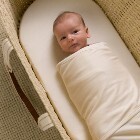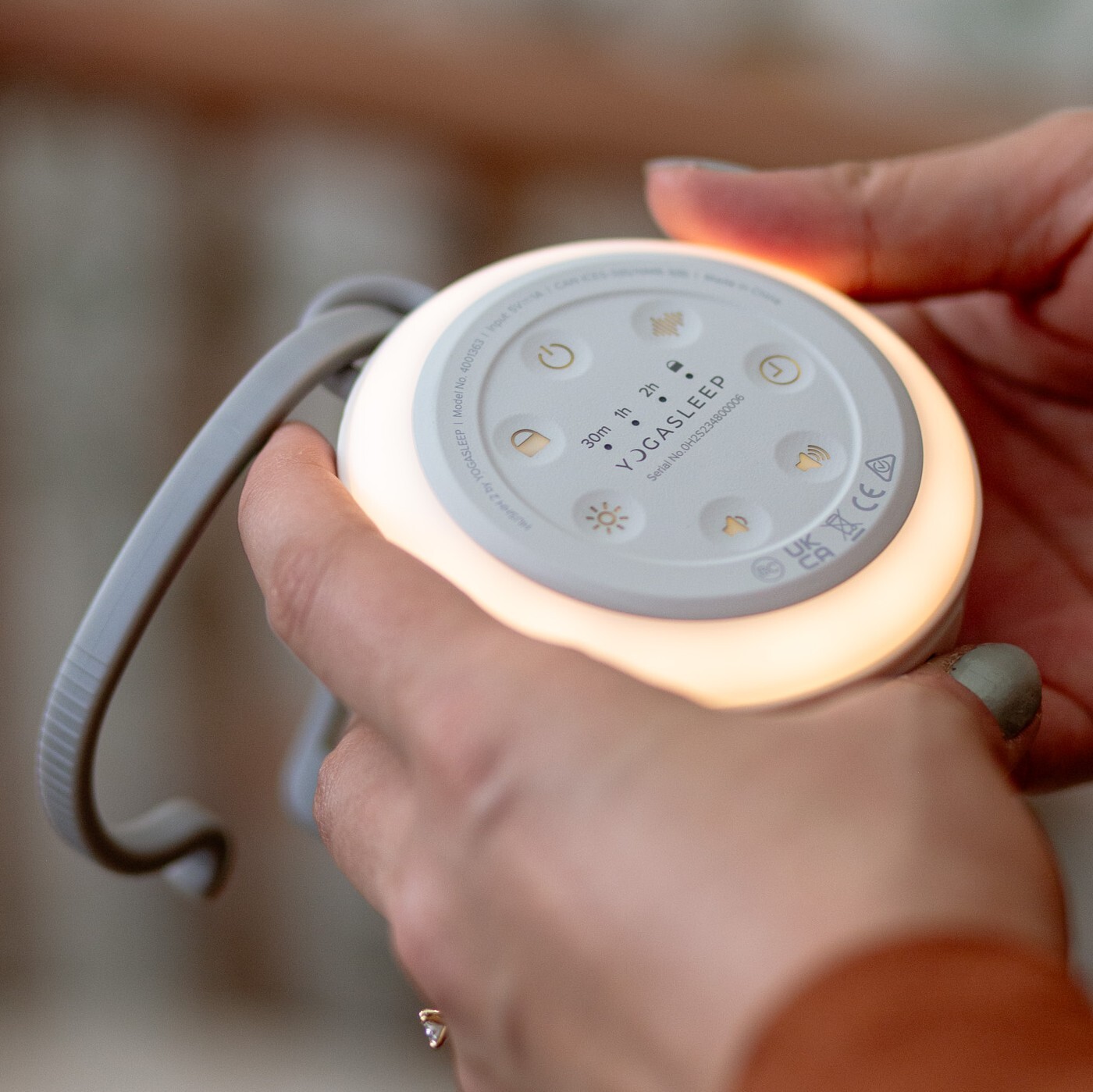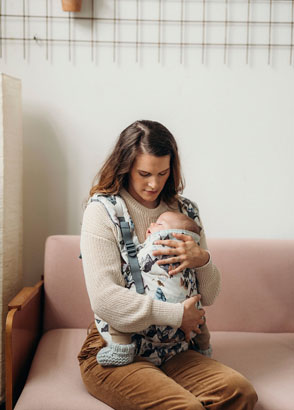By Andrina Wilson, Sleep Coach & Midwife
Newborn babies usually sleep so well that they lull us into a false sense of security. Things are going well, you’re finally getting used to this parenting gig and then, bam... everything changes!





 Feed
Feed






 For Mum
For Mum


 Gifts
Gifts




VIP Rewards
Earn points to exchange for store credit or exclusive reward gifts every time you shop!
You'll get 100 points - that's $5 store credit!
Earn 1 point for $1 spent.
Convert points to store credit or choose a FREE gift*

By Andrina Wilson, Sleep Coach & Midwife
Newborn babies usually sleep so well that they lull us into a false sense of security. Things are going well, you’re finally getting used to this parenting gig and then, bam... everything changes!
What is often referred to as the ‘four month sleep regression’ is actually not a regression but a permanent change in sleep architecture. When babies are born, they only have enough energy to feed and then they need to sleep again. It’s normal and protective. They usually wake for one of three reasons: they’re hungry, they’ve had enough sleep, or have another need (e.g. wet/dirty nappy, pain, too hot/cold etc.). As your baby grows, their stomach grows too and they are able to take in more calories with each feed, which can sustain them for longer and therefore allows them to sleep for longer periods. Overnight, you may find that they are sleeping 4, 5, 6 + hours at a time or even more if you’re lucky. This all feels totally natural and appropriate – the nights of 2-3 hourly waking are passing and your baby is learning to sleep through the night. Or so you thought – enter the ‘four month sleep regression’.
The four month sleep regression, which is a permanent developmental change, usually happens between 3-7 months but all babies are different. However, the result will be the same – frequent night waking (often leading to extreme sleep deprivation for parents). Around this age, sleep matures and babies develop stages of sleep which always result in a brief waking at the end of each sleep cycle. This brief waking is the cause of most sleep issues.
If you are feeding your baby to sleep or rocking them to sleep and then transferring them to their bed, during this brief waking they will notice that their environment has changed and will likely react to this change and call for you. This is a normal response and this brief awakening is their way to check that all is ok. If there is a change in their environment from when they fell asleep to when they are waking, they may think that everything is not right.
Our natural response to get babies to settle again is to feed them. It’s easy, it usually works, so what’s the problem? Feeding every time baby wakes is a sure way to reinforce the feed-to-sleep association, which is incredibly strong for babies. It encourages them to call out for this every time they wake. There is nothing wrong with feeding to sleep and using it as a tool to encourage baby to sleep – as long as you’re happy to continue to do this. Babies will all eventually grow out of this need but it may not be for years to come. So it’s important to consider if you’re happy to feed back to sleep each time baby wakes overnight, or if it might be time to introduce another positive sleep association.
Firstly, be sure that this really is the ‘four month sleep regression’ and not an extra need for comfort due to sickness, teething or a growth spurt. Changing a routine during these times is not the best idea and can be much harder on parents and baby.
Sleep experts generally do not recommend any form of ‘Sleep Training’ before 6 months so the 4-6 month age is a real grey area. Parents are usually very ready for sleep to improve by this time, however many babies are not! A good rule is to encourage but do not enforce. You can encourage positive sleep habits while still being flexible and understanding that every sleep may not be the same. Sometimes your baby may fall asleep with a shush/pat and other days you may need to pick them up – that’s absolutely fine. At this age babies need flexibility – they may not be ready for rigid routines. If your baby needs extra comfort one day, it does not mean you will undo all the work you have done up to that point. It takes at least three days to create a routine so giving extra comfort and support when needed is absolutely fine.
When you recognise the need for change, it is important to carefully consider exactly what needs to change and how you can encourage this change. Now may be the time to consider helping your baby learn to self-settle so that when they wake after each sleep cycle, they are able to use this skill to settle themselves back to sleep without needing help.
If your baby is over 5 months, consider moving to a set nap routine. (See our SleepPlan) Set day naps can encourage better night-time sleep as it’s less likely baby will be over or under-tired come bedtime. It also creates some predictability to your day and begins to set your little one’s internal body clock, which often means they sleep longer for one nap during the day.
Avoid over stimulation and develop a strong night-time and good morning routine – these will help your baby to recognise time for sleep and time for play. Spending 15-20 minutes outside in the early morning sunlight can increase serotonin levels (our happy hormone) and work with the body to ensure adequate melatonin levels (our sleepy hormone) at bedtime.
Appropriate expectations are key! If your baby is used to being fed to sleep then suddenly putting them down in their bed awake and expecting them to self-settle may not be an appropriate expectation. A more appropriate transition would be to increase the length of time between the end of the feed and the time baby falls asleep, little by little, so that eventually feeding is no longer a sleep association. Likewise with rocking to sleep, you can transition gently by rocking your baby until settled then holding without movement. These transitions do take time. It’s important to keep your expectations realistic. This is all new to your baby and they need time to learn. Allow at least 2-4 weeks of time to be consistent and focus on helping your baby to sleep better. In the grand scheme of things, this time is only a drop in the bucket!
The 4 Month Sleep Regression | Baby Sleep | The Sleep Store
Baby asleep on mum in a Boba X carrier - the 4 month sleep regression
Please confirm your country or region to ensure you’re browsing the correct store.
Please note, if you are browsing on an IP address outside of Australia then prices will display excluding GST, however GST will apply at checkout.
CONTINUE
